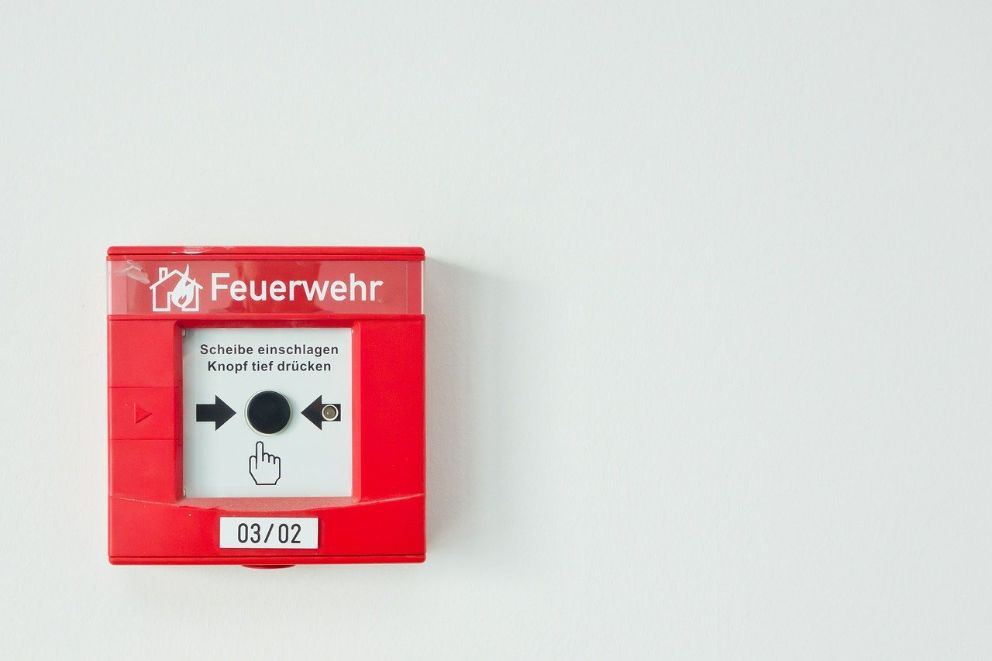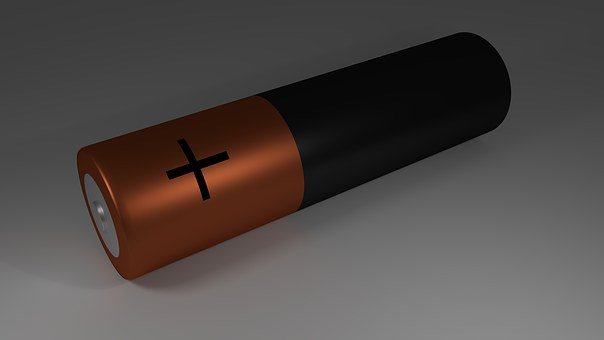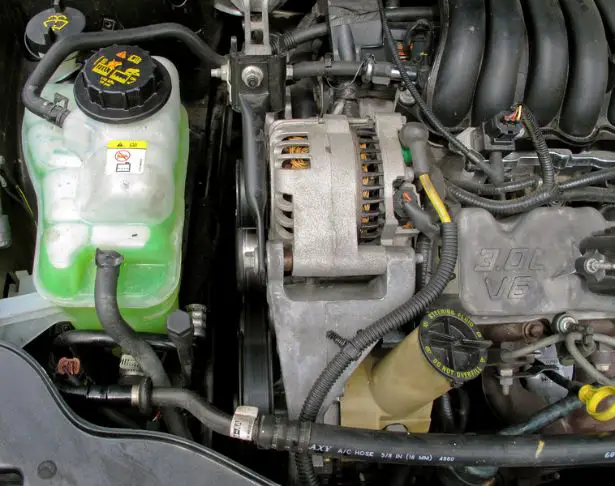No matter how conscious you are of your surroundings, you can never have enough precautions to avoid all the fatal accidents. In these unfortunate cases, a timely warning can alert you and will buy you extra minutes to save yourself. Smoke detector does these jobs in such inevitable incidents and makes the difference between life and death.
However, relying on a smoke detector that doesn’t have the power to warn you due to less battery life, is almost as good as having no smoke detector at all. Knowing what kind of battery for smoke detector to use will pay off in the long run. In the quest for better safety measures, this writing will work as the ultimate guideline.

Different Types of Smoke Detector
The manufacturers have been re-designing and modifying their smoke alarms for better output. The one we use in home is not adequate for large buildings. Similarly, the one we use in office buildings is not the right match for home. To avoid the mismatch and provide options manufacturers have engineered two sorts of smoke detectors. These two of the most recognized smoke detectors are:
-Ionization Smoke Detection.
-Photoelectric Smoke Detection.
However, it has been observed that the ionization smoke detector is more prone to respond to flaming fires.
How Smoke Detectors Work
Let’s take look at the two most popular smoke detector batteries on market.
Ionization Smoke Detector: These alarms have a little amount of radioactive material between two electrically charged plates. This ionizes the air causing the current to flow between the plates. Whenever the smoke enters the compartments, it happens to create a blockage that interrupts the flow of ions.
As a result, the whole process reduces the flow of current and triggers the alarm. As the alarms go off, it gives you enough time to move to safety before the air gets filled with toxic substances, lethal enough to cause you death. Nonetheless, ionization smoke detectors are ideal for home-usage.
Photoelectric Smoke Detector: Unlike the ionization process, the photoelectric process uses a steady light beam. Once the smoke reaches and enters the interior chambers the light gets split and causes it to scatter. The scattered beam of light then gets redirected and meets with a photocell which activates the alarm.
What Kind Of Battery For Smoke Detector To Use?
When it comes to choosing batteries for smoke detectors one must look for a highly functional one that is quick to respond in cases of emergencies. Not only smoke but also for detecting carbon monoxide many use 9V lithium batteries that can last up to 10 years.
Although 9-volt lithium batteries are the best choice, higher-end models are compatible with lithium power cells. On the other hand, some smoke detectors use AA pencil batteries and others use 9-volt alkaline batteries. The AA batteries are most easy to replace but they run out of power very fast. The alkaline ones would be a bit costly than AA, but they last longer.
If the alarm doesn’t go off while being tested check the battery connection or try different batteries that suit the alarm. However, if your smoke alarm fails after installing new batteries then your smoke alarm needs a replacement altogether.
How Often To Replace Battery In Hard Wired Smoke Detector?
Long story short. In case if you have smoke alarms that are powered by a nine-volt battery, then the battery should be replaced every 6 months. While the alarm itself requires to be replaced every 10 years.
On the other hand, any smoke alarm powered by a 10-year lithium battery doesn’t need a change. Instead, the alarm itself needs a replacement every 10 years.
How To Know When To Change Battery In Smoke Detector?
Hard wired smoke detectors need a battery replacement more often than any other batteries. Where the smoke alarm itself needs a replacement every 10 years the battery however must be changed in a cycle of 6 months. If you get one in January, you will know it is smoke detector battery replacement time when it is July. The smoke alarm once bought is enough to undergo 10 years and pays off in the long run. On the contrary, the non-lithium batteries need more thorough and frequent checkups.
If the batteries are running low in power, the detector alerts you via a rather high-pitched beeping sound. Or in case after changing the battery in smoke detector and still beeping, in such cases to replace you battery follow the steps mentioned below-
- First things first. Turn off the power to your wired smoke detector from the circuit.
- Remove the smoke alarm from its socket.
- Now the most obvious part- remove the battery.
- Press and hold the test button for minimum 15 seconds to observe the sound texture.
- If the chirping isn’t there anymore, it’s good to go. Reconnect the power and reinstall the batteries.
A Note: In case if you are looking for a hassle-free smoke alarm maintenance process, settle for the 10-year lithium battery. These batteries are low in maintenance and won’t need much attention.
Some Product Recommendations
Energizer AA Lithium Batteries: These are the longest-lasting AA batteries. When put in storage it can hold power up to 20 years. Moreover, this battery can perform in extreme temperatures.
Duracell – CopperTop 9V Alkaline Batteries: These batteries are specially designed for a household item such smoke detectors. These are guaranteed to work even after 5 years of storage. Overall, it offers satisfying long-lasting performance.
ULTRA LIFE Smoke Alarm Battery: This lithium battery can run up to 10 years when put in smoke detectors. The reliable performance minimizes the risks. If changing batteries only after a few years feels annoying to you, then this one is definitely for you.
Bottom Line
Smoke detectors are as good as smoke alarms. However, ionization smoke detectors have a better performance rating than Photoelectric smoke detectors. Now that you know all about these devices including what kind of battery for smoke detector to use, all that remains is to pick the best fit. With the price point ranging between $20-$30, feel free to choose any one of them.
Related Posts:



